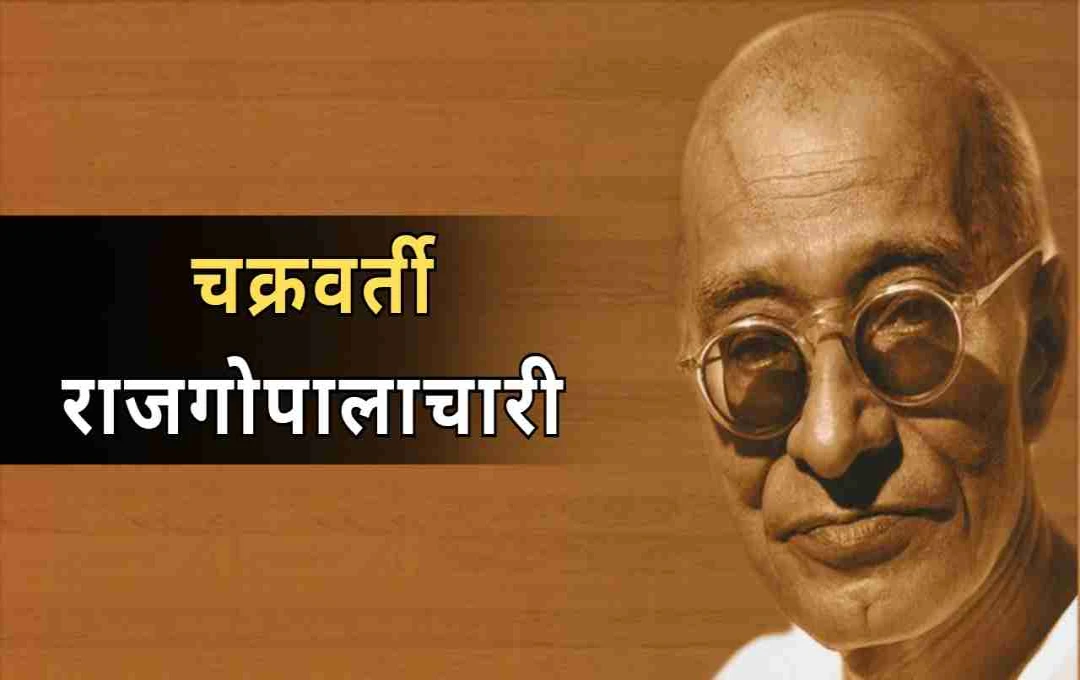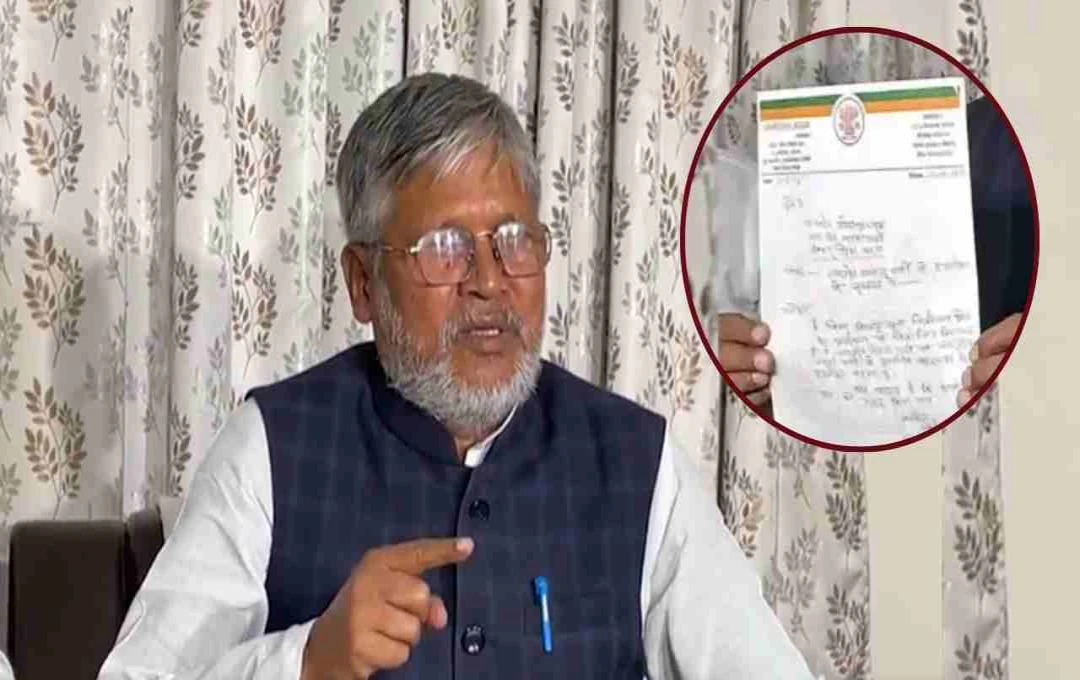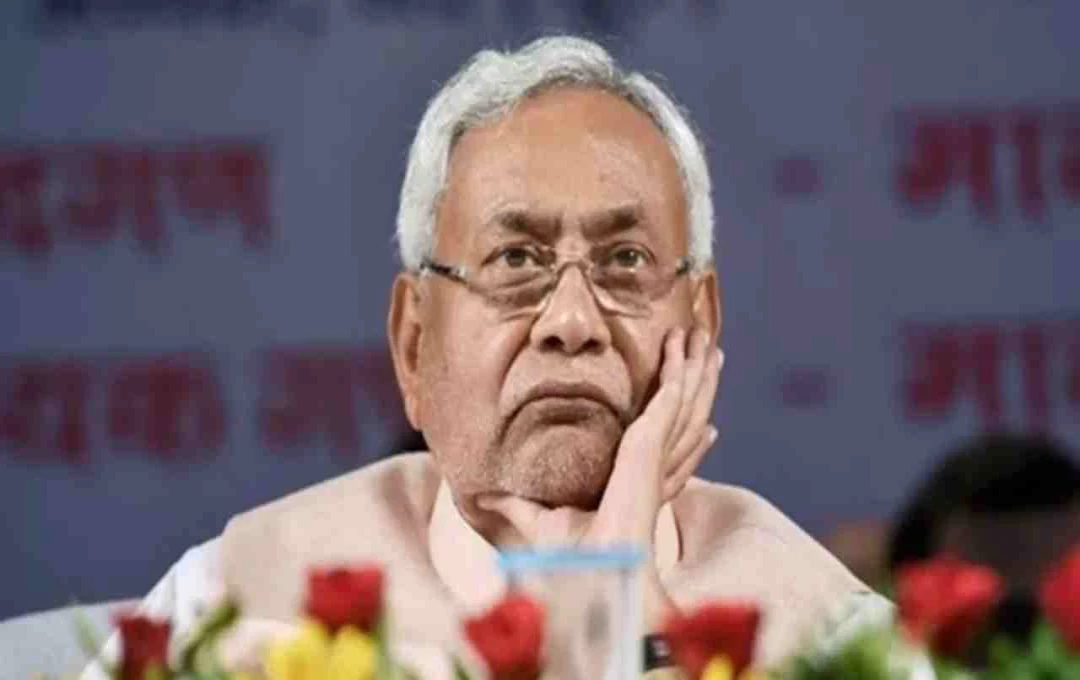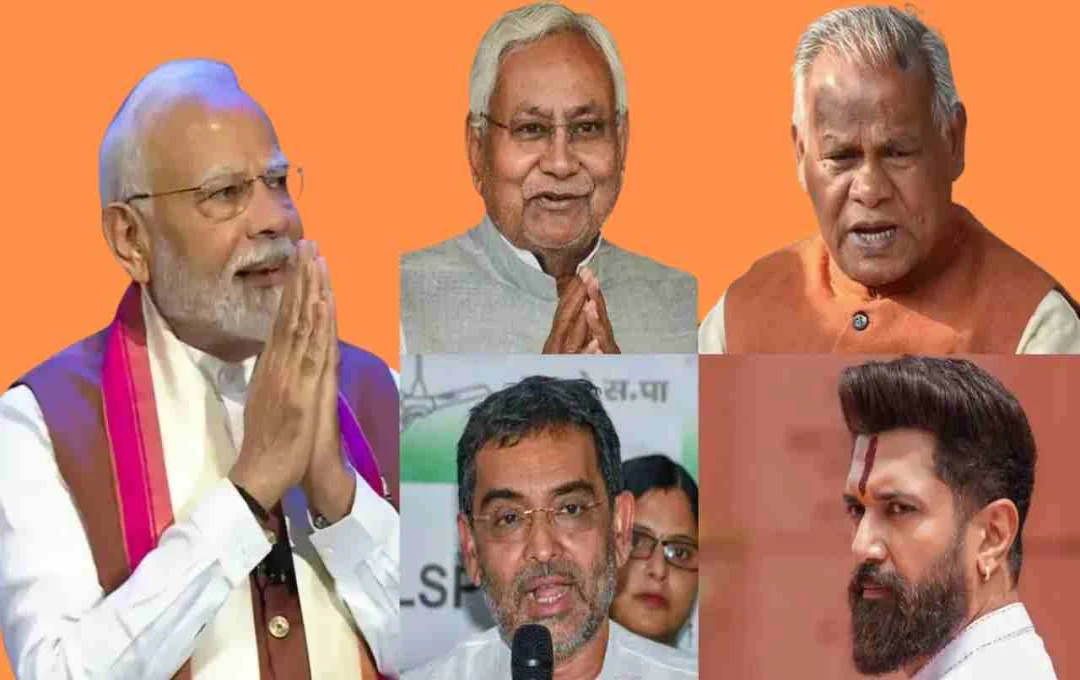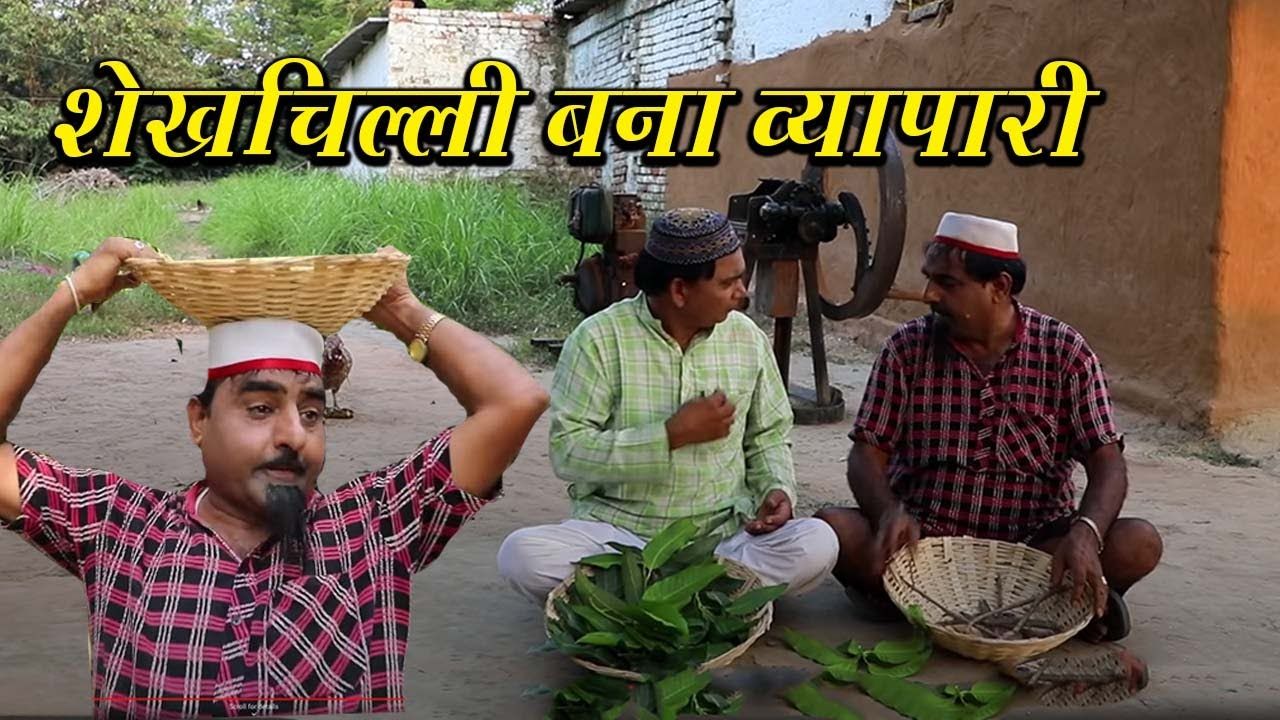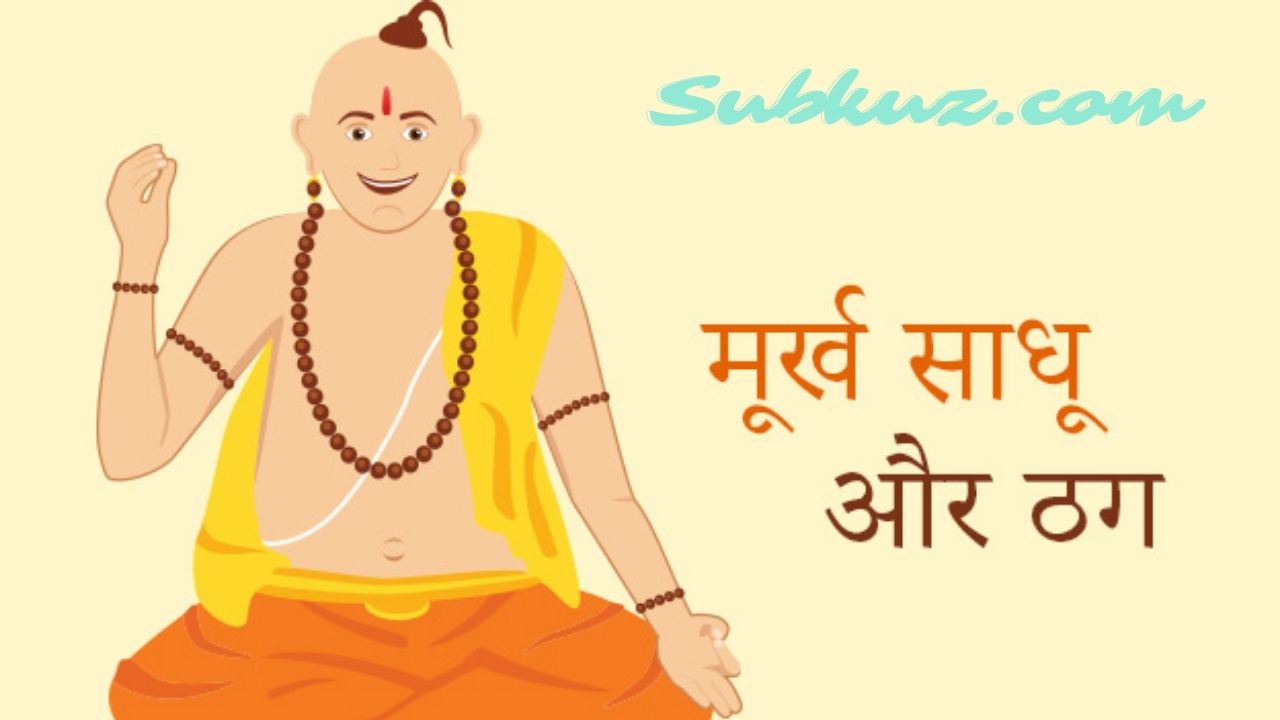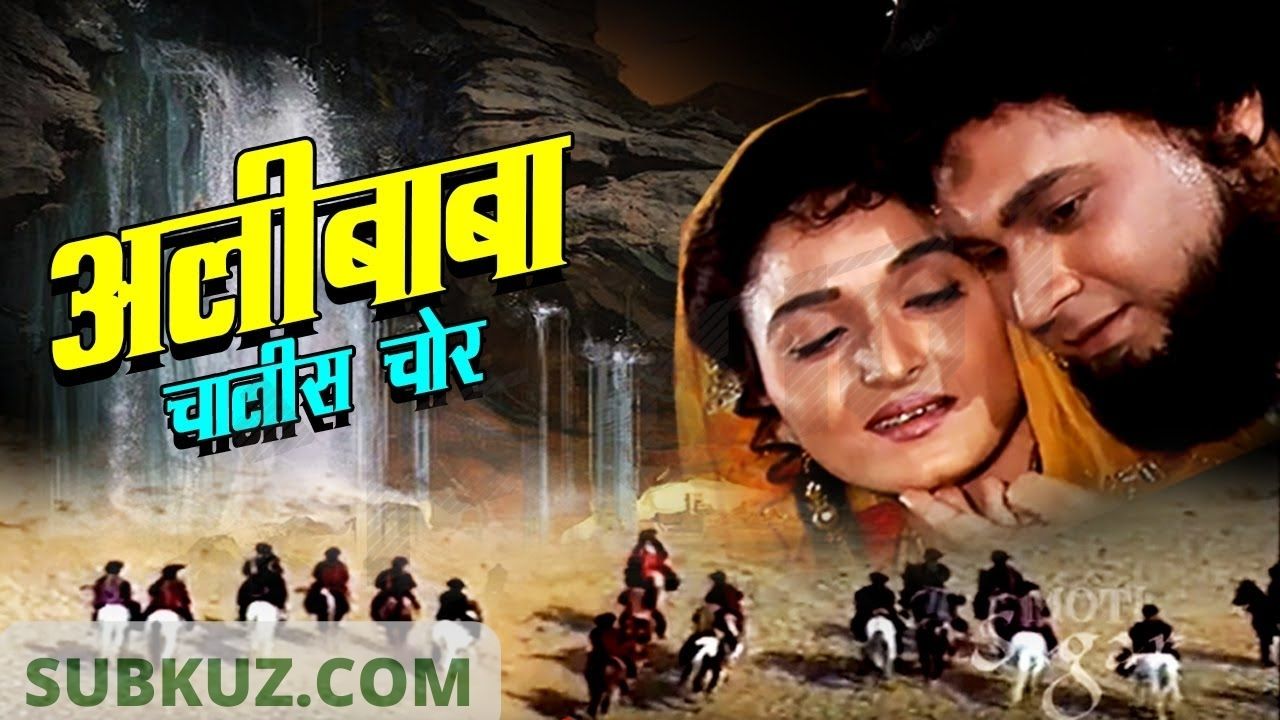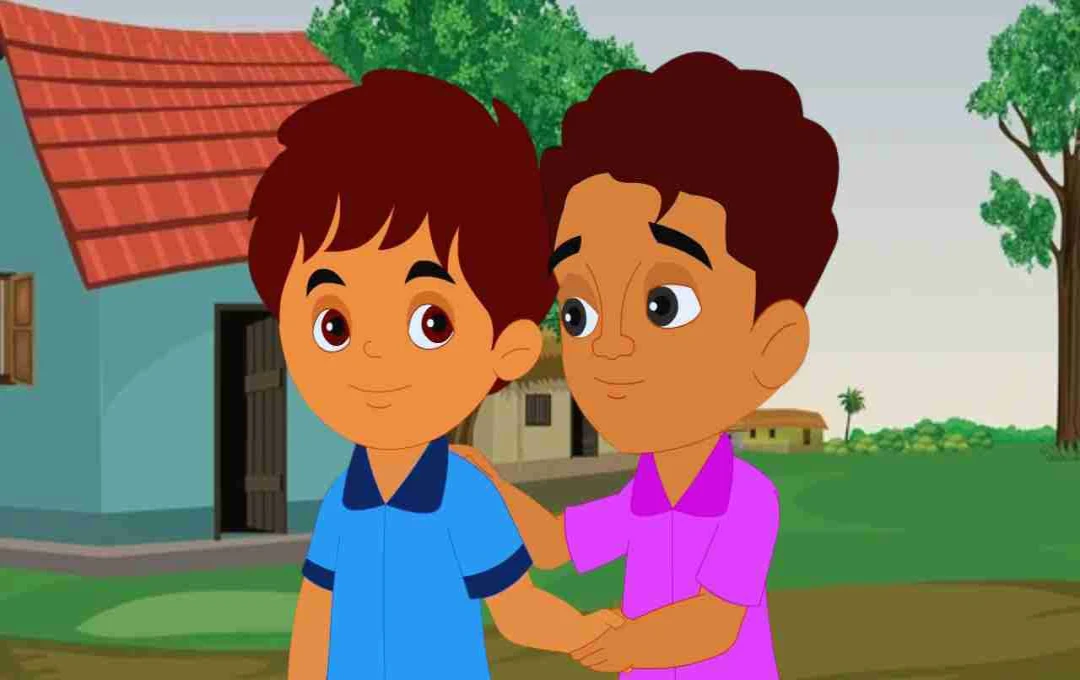Many great leaders contributed to the history of the Indian freedom struggle, but there were some personalities whose depth and foresight continue to inspire every corner of society even today. Chakravarti Rajagopalachari, popularly known as 'Rajaji', was one of those great personalities. He was not only a freedom fighter, but also the last Governor-General of India, a brilliant writer, a social reformer, a thoughtful politician, and a unique symbol of morality. His life journey is the story of a patriot who valued principles more than power and always made decisions in the interest of the country with courage.
Early Life: A Journey from Village to Glory
Rajagopalachari was born on December 10, 1878, in the village of Thorapalli in the Madras Presidency, which is now in the Krishnagiri district of Tamil Nadu. He came from a Vaishnava Brahmin family. In his childhood, he was weak and often ill, but he possessed a remarkable talent. In the field of education, he received higher education from Central College, Bangalore, and Presidency College, Madras. In 1897, he obtained a law degree and started practicing in Salem. His married life also started very early according to social conventions. He married Alamelu Mangamma, with whom he had five children. After the untimely death of his wife, he raised his children alone, which increased his family responsibilities even more.
Leading Role in the Freedom Struggle
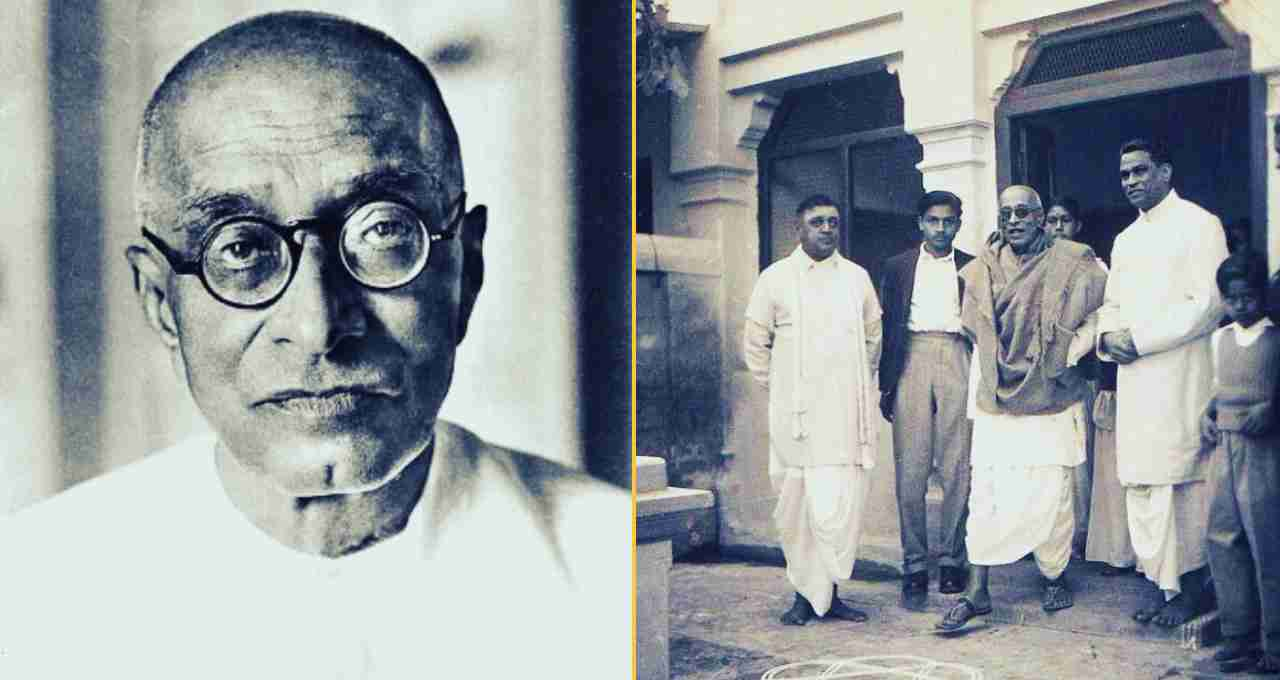
Rajagopalachari became active in political life by participating in the Calcutta session of the Congress in 1906. Becoming a close associate of Mahatma Gandhi, he participated in the Non-Cooperation Movement, the Salt Satyagraha, and the Vaikom Satyagraha. Gandhiji called him 'the guardian of my conscience' – this title testifies to his moral character and true leadership. In 1930, he led the Vedaranyam Salt Satyagraha in response to the Dandi March, for which he also had to go to jail. He was a leader who believed in bringing change without violence and considered non-violence to be the mantra of his life.
Political Life and Controversial Decisions
In 1937, Rajagopalachari became the first Indian Prime Minister of the Madras Presidency. Decisions implemented by him, such as prohibition and agricultural debt relief, were in the interest of the people. However, he also faced criticism for decisions like making Hindi compulsory and the primary education scheme. Many opponents condemned it as a 'casteist education policy.' In 1940, during World War II, he opposed the Quit India Movement. His move was considered by many at that time to be against the national interest, but Rajaji believed that this was a time for negotiation and strategy, not conflict. He supported talks with the Muslim League and Muhammad Ali Jinnah and presented the 'CR Formula' for the resolution of partition, which is considered an important effort in political history.
First and Last Indian Governor-General of Independent India
After India became independent, when Lord Mountbatten's term ended, Rajagopalachari was appointed as the Governor-General of India. He became the first and only Indian to hold this position. This was a historic moment when the highest position in India was handed over to an Indian after the end of British rule. As Governor-General, he presented an ideal of simplicity and morality. He also played an important role in maintaining peace and harmony as the Governor of West Bengal after the Calcutta riots.
Foundation of the Swatantra Party: A Political Reinterpretation of Gandhian Thoughts
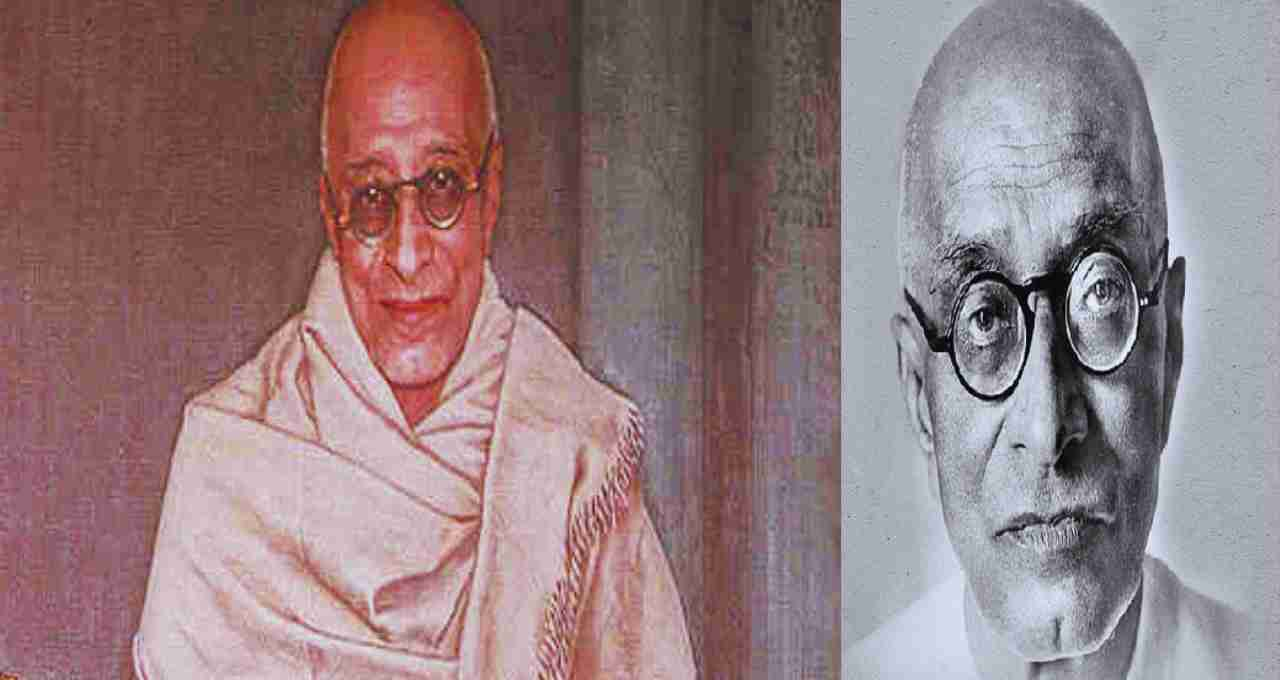
From 1951 to 1952, he also served as the Home Minister of India and later as the Chief Minister of Madras State. But, dissatisfied with the policies of the Congress party, he resigned in 1959 and founded the 'Swatantra Party'. This party became the first b party to play the role of opposition in India, which challenged the Congress in the elections of 1962, 1967 and 1971. Through this party, Rajaji gave a new interpretation of Gandhian thoughts and advocated for economic freedom, individual responsibility and a minimal government.
Social Reformer and Writer: Writing that Touched the Soul
Rajagopalachari was also a skilled writer. He translated texts like the 'Ramayana', 'Mahabharata', and 'Bhagavad Gita' into simple English, which still attracts millions of readers. His writing was meant to guide society, filled with morality, and rich in linguistic beauty. He also composed the famous devotional song 'Kurai Onrum Illai', which is still sung in the temples of Tamil Nadu. He stood against social evils like child marriage, untouchability, and alcohol and supported the temple entry movement for Dalits.
Simple Life and Death in the Final Years
In his final years, he distanced himself from politics, but remained engaged in social thought. On December 25, 1972, he passed away at the age of 94. His last rites were performed with state honors, which was a tribute to a true nation servant.
The life of Chakravarti Rajagopalachari is an inspiring chapter in Indian politics, morality, and social reform. He played an important role from the freedom struggle to the construction of independent India. His ideas, leadership, and principles are still as relevant today. We should learn from his life and walk on the path of truth, honesty, and public service so that we can establish a b and harmonious society.
